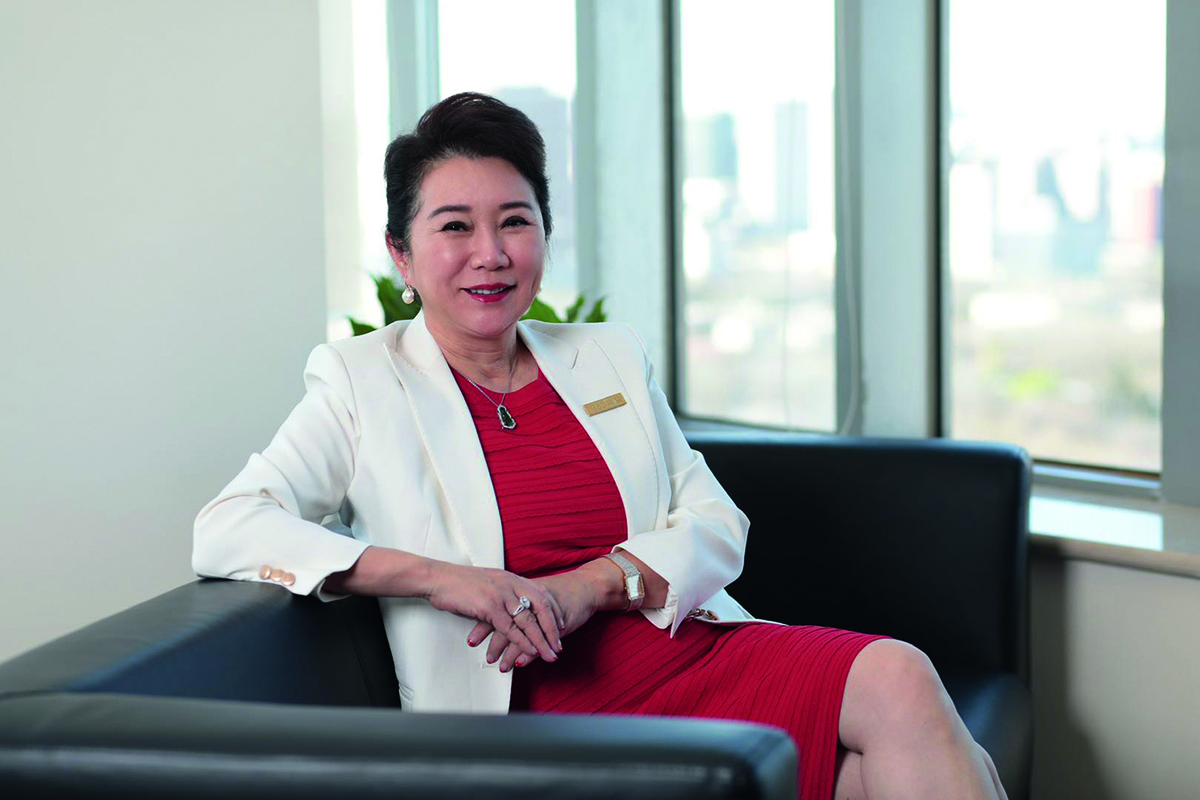
Dr. Li Li is Vice Chairman of the Board of Directors of MEBO Group
Li Li is a woman on a mission. Taking over her husband’s Beijing-based medical company MEBO after his unexpected early passing a few years ago, she has built it into one of the most significant and serious players in the rapidly developing field of regenerative medicine in China, the US, and beyond. While her business, which has dual headquarters in China and the US, has built partnerships with the likes of Harvard University, she is also on a personal crusade to increase cultural understanding and links between East and West, as LUX discovers
LUX: You have won many awards as a female entrepreneur. What are the challenges that you faced?
Li Li: The lack of access to market information is a challenge for many women entrepreneurs. Secondly, the speed of social development is constantly accelerating. So women entrepreneurs constantly need to learn and absorb new professional knowledge to cope with the changing external environment.
The next generation of women entrepreneurs in China need to become more open-minded, more pattern-oriented and more world-oriented. I also welcome women entrepreneurs from all over the world to join us in building a platform of win-win cooperation.
Follow LUX on Instagram: luxthemagazine
Also important is to set up an industry role that people can use as a reference. MEBO has been committed to public welfare, including international public welfare, for more than 30 years. I hope the next generation of female entrepreneurs can further enhance their sense of social responsibility and make more contributions to society, while promoting the development of enterprises through this way.
Women are the symbol of warmth and love. There is a good conjunction between public welfare, responsibility and femininity. Female entrepreneurs should reflect this in their own power and method of working.
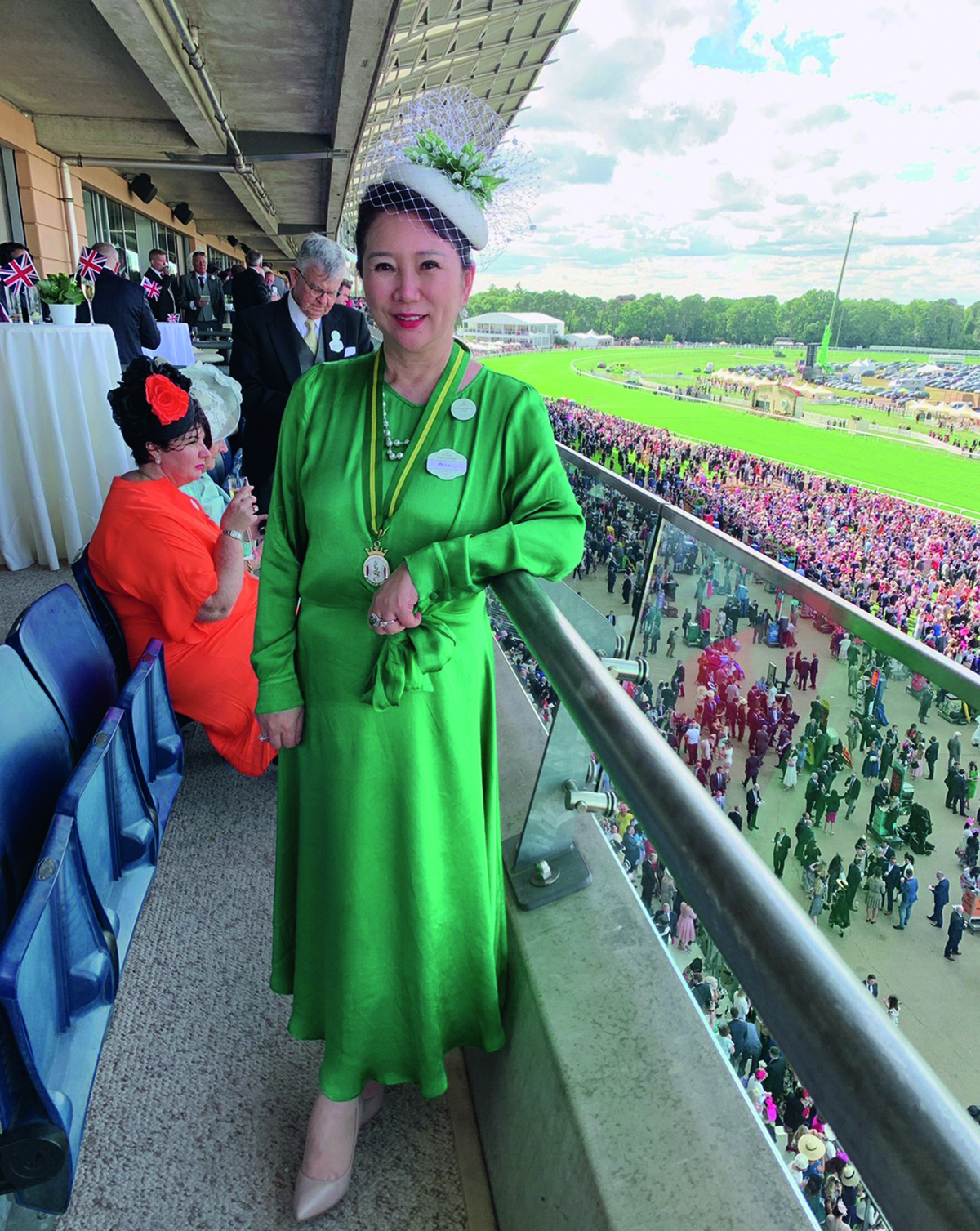
Li on the occasion of her receiving the Barony of Yair at Royal Ascot in 2019
LUX: You have a focus, perhaps unusual in China, on developing international relationships with institutions all over the world. Why?
Li Li: Good international relations will bring new vitality to enterprises. Currently, MEBO has established cooperation with more than 70 countries and regions. The world is becoming more and more integrated, the establishment of friendly international relations is important. It is important also for business to further enhance the connection among the people of the world. We can enhance the trust among people of all religions and beliefs, and this will improve the quality of life.
In MEBO Group we have been working on the worldwide development of regenerative medical technology in burns, wounds and ulcers. My husband, Professor Rongxiang Xu, founded this technology. Now, I am leading MEBO to introduce it around the world. This technology will bring life hope to more people from all over the world.
Read more: Fashion superstar Giorgio Armani on his global empire
LUX: How did you develop MEBO Group and what challenges did you face in this process? Why did you switch from medical technology to life sciences?
Li Li: We experienced numerous difficulties and risks while growing MEBO, and our success could not have been achieved without the efforts of the MEBO team and the help of friends throughout the world for more than 30 years. It is inseparable from the worldwide trend of life science development. During the process of development, we worked hard to explore the wet treatment for burns and developed it into a systematic and complete science of human body regeneration and recovery. We encountered a lot of challenges such as the change of the national system, the upgrading of the market structure, the clinical transformation of science and technology, diversified demands for products and in-depth research and development.
Life science is a young discipline, it promotes the improvement of life quality and progress more comprehensively and sustainably. The development of this discipline cannot be separated from more
in-depth scientific research, and R&D is the engine of the new field. Professor Rongxiang Xu proposed the concept of insitu regeneration that has opened a new world in regenerative life science. In this new field, we have accelerated the pace of diversified development and research. We are cooperating with Harvard Medical School, the University of Chicago, the University of Southern California, Massachusetts Institute of Technology, and Caltech (among others in the US), as well as Nankai University, Shandong University and Binzhou Medical College in China to carry out regenerative life-science research, accelerating the implementation and transformation of innovation and products.
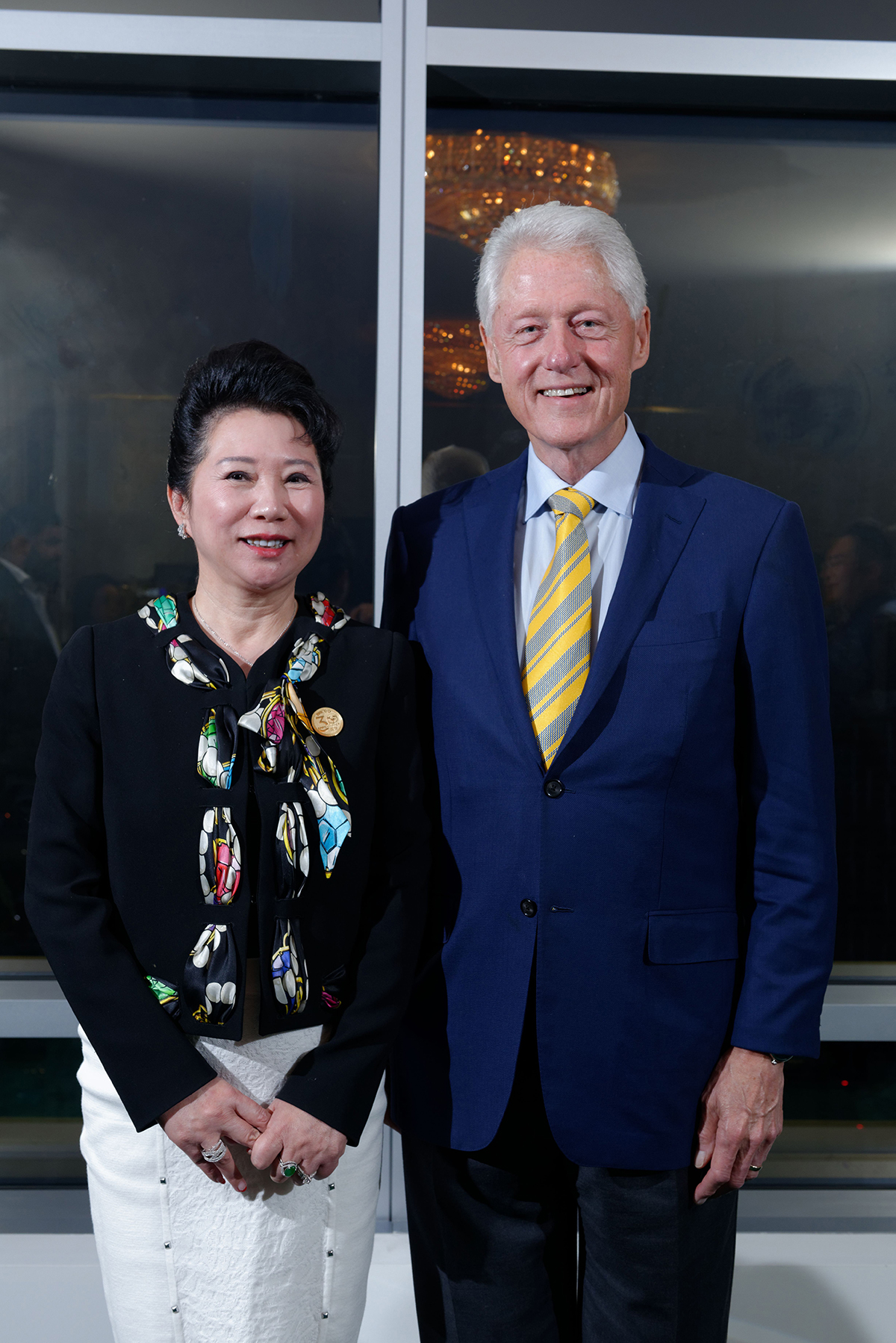
Dr Li Li with former US president Bill Clinton
LUX: How important do you think innovation is in business?
Li Li: Innovation is the soul of enterprise’s survival and development. Also, it is an important source of business improvement. Innovation in the commercial area could not only bring new products to people, but also change ideas and culture. Innovation plays an important role in improving product quality and also in implementing a strategy of product diversification.
At the same time, only through innovation can an enterprise form its unique brand advantage, improve its organisational form and management efficiency, continuously adapt to the requirements of economic development, and further promote the prosperity of business.
MEBO has changed from a single product structure to a various product structure, including medicine, cosmetics, medical equipment, health products and food, while moving into international markets. These all represent the importance of innovation.
Read more: How Hublot’s collaborations are changing the face of luxury
LUX: Do you think Chinese companies get enough recognition in the world?
Li Li: Since China’s modern industrialisation started relatively late, it may not have stood at the same starting line as developed countries.
However, since entering modern times, China’s development has been phenomenal and has opened the door to the world. Chinese companies are constantly going out into the world and becoming bigger and stronger. MEBO itself now covers more than 70 countries, regions and markets. We have more than 70 domestic and international patents.
LUX: What is your long-term relationship with California and the United States?
Li Li: I started to promote the regeneration business of our group in California in the early 1990s. California is now my second home and an integral part of my life and business. We have dual headquarters in China and the United States, so the US is very important to me in terms of business development and social relations.
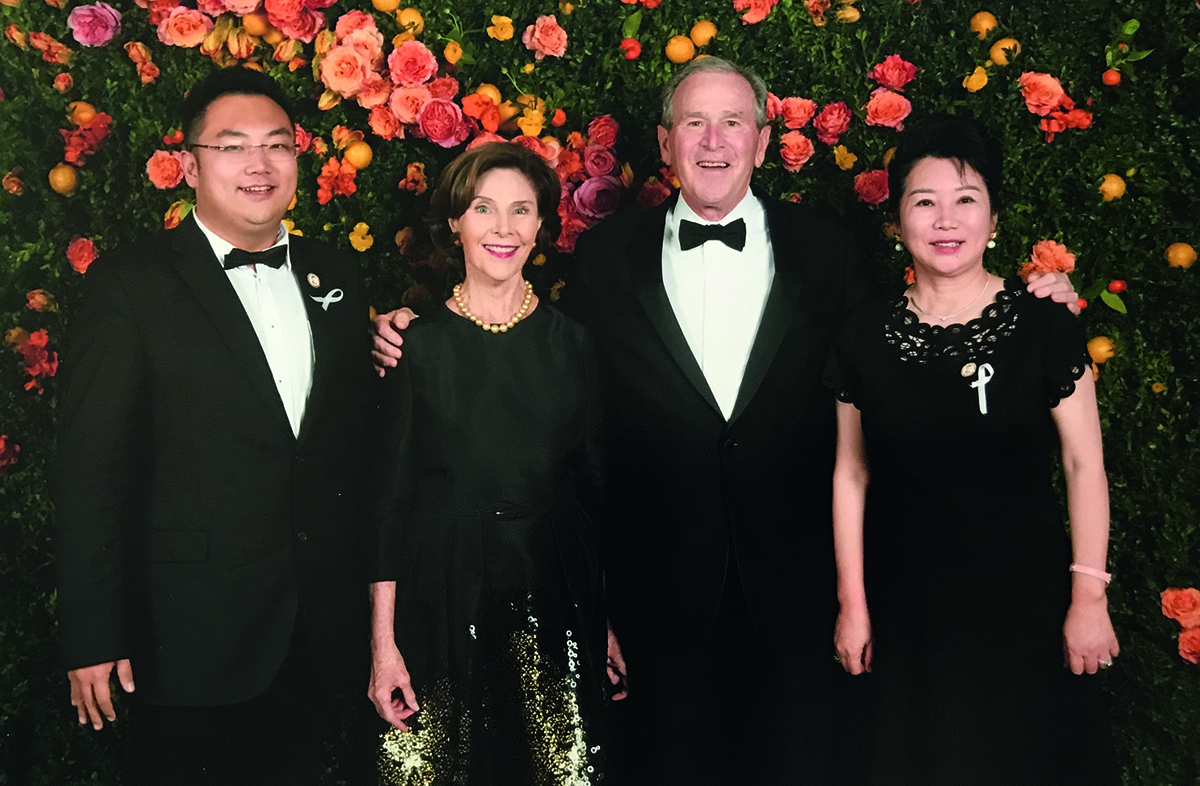
From far left: Dr Li Li with Kevin Xu, Laura Bush and George W Bush
LUX: Where else is important to you?
Li Li: Britain and MEBO have strong roots. As early as October 1999, my late husband’s special report into wounds sparked great attention from a renowned British expert in wound repair, Professor Mark Ferguson of Manchester University. In 2000, Professor Mamta Shah, the British consultant children’s burn and plastic surgeon, at the University Hospital of South Manchester, and honorary lecturer of the school of biological sciences at Manchester University, came to China for a five-day investigation into the basic research on and clinical application of wet burn treatment technology.
British scholars and medical experts have had increasingly frequent contact with MEBO. Academic exchanges and cooperation are also gradually increased. Last year, we had an in-depth communication with the University of Oxford and the Royal Pharmaceutical Society. In June 2019, my colleague Kevin Xu and I attended the third Rhodes Ventures Forum at Rhodes House, Oxford University. We discussed Oxford as a possible first venue for the Clinton Global Initiative University Conference outside the US.
LUX: You also have interests in the entertainment and film industries…
Li Li: I have had a strong interest in art since I was a child. Now the development of the cultural industries is flourishing, so I also pay close attention to the development of the entertainment and film industries in particular. I have good friends who work there and I continuously support the development of film, culture and art. I also follow trends in the cultural industries, trying to inject new blood!
LUX: Tell us about the Boao Forum for Asia, and your work in NGOs and charity.
Li Li: The Boao Forum for Asia aims to build consensus, promote cooperation and spread the voice of Asia. From March 26 to 29 of 2019, I attended the 18th Boao annual conference for Asia in Boao, Hainan Province, at which Chinese premier Keqiang Li delivered the keynote speech. The forum focuses on the open world economy, multilateral and regional cooperation, global governance, the progress of science and technology, and politics, diplomacy and security in the frontier of hotspots in the fields of education, culture and people’s livelihood issues.
All of these are important to an entrepreneur. I have always thought of myself as a mission-driven entrepreneur who actively engages in public welfare. We have launched foundations in the US and China that support technological development, disaster relief and public life rescue, academic promotion and research on regenerative medical technology, and professional training for doctors at the grass-roots level in the three fields of funding, academic research and training.
We are also involved in public welfare action, such as the United Nations Every Woman Every Child Partnership Network Life Regeneration Action Programme, to help people in Asia, Africa and Latin America.
LUX: Do you have hobbies? What do you do to relax?
Li Li: My hobbies are reading, spotting new trends, discovering talent, getting to know diverse cultures, and so on. I relax by watching movies, listening to music and exercising. I want to experience the power of nature and humanity, to feel life, and in order to improve myself to improve the quality of all human life.
Find out more: mebo.com

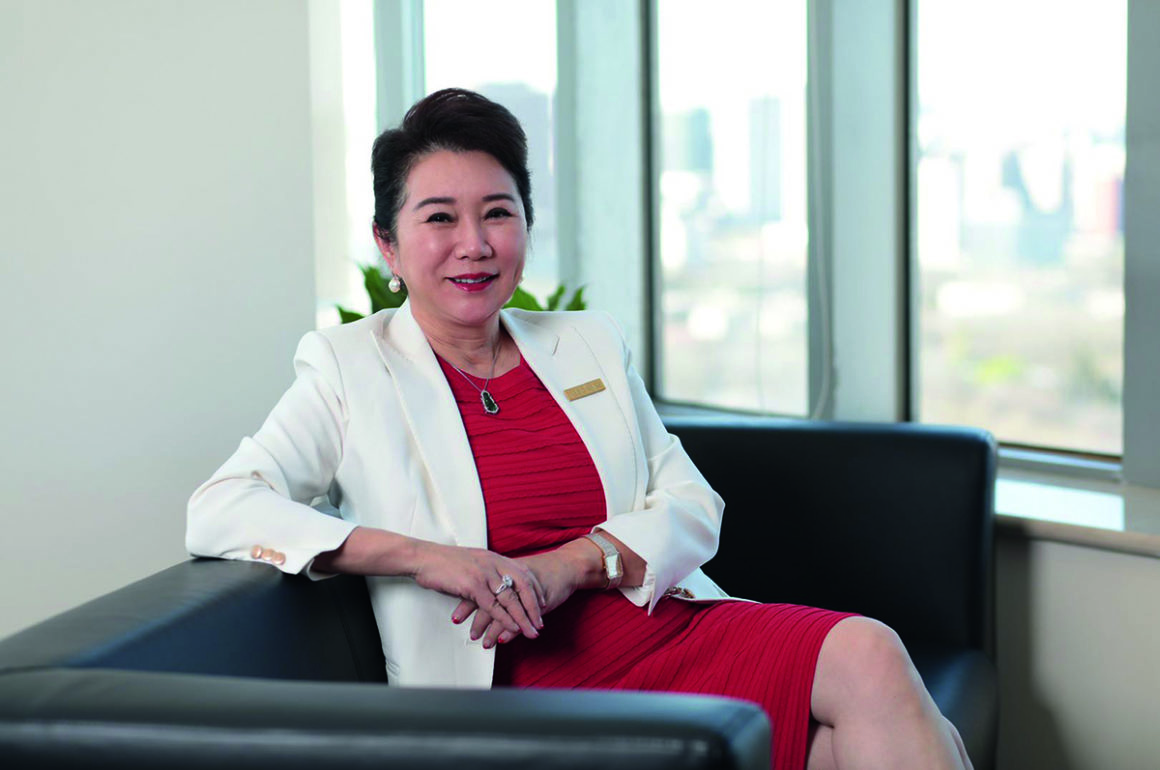
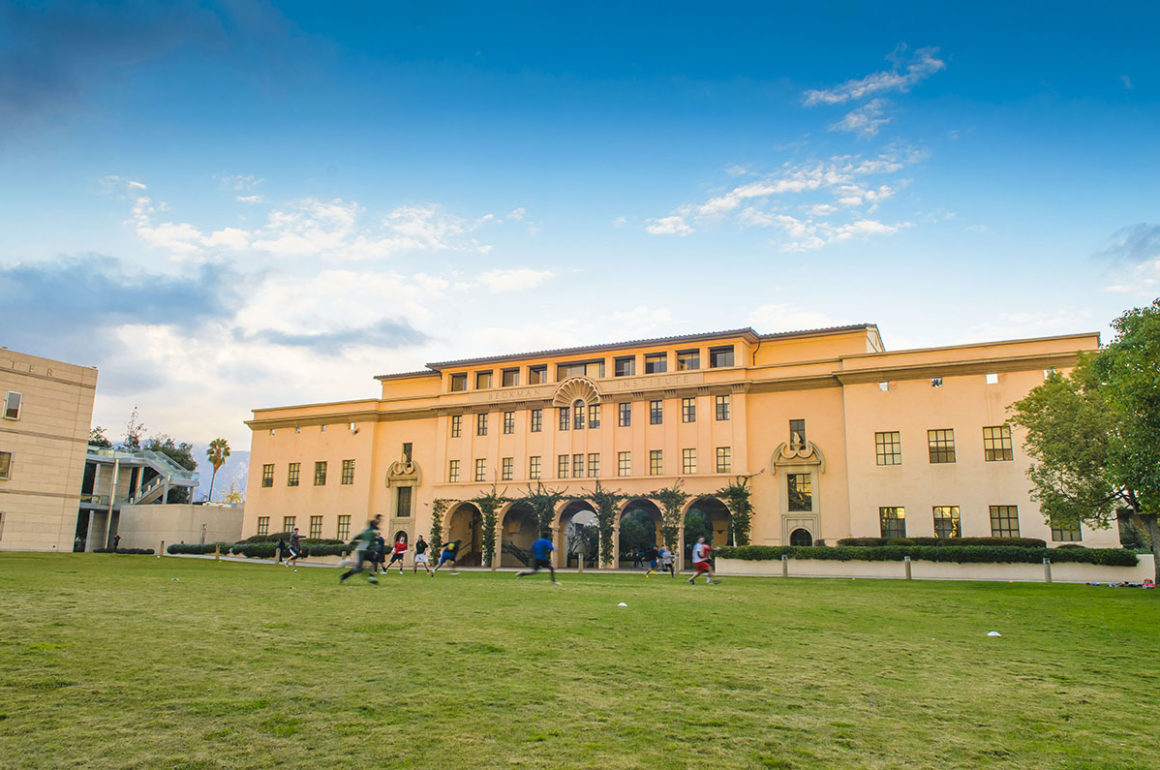
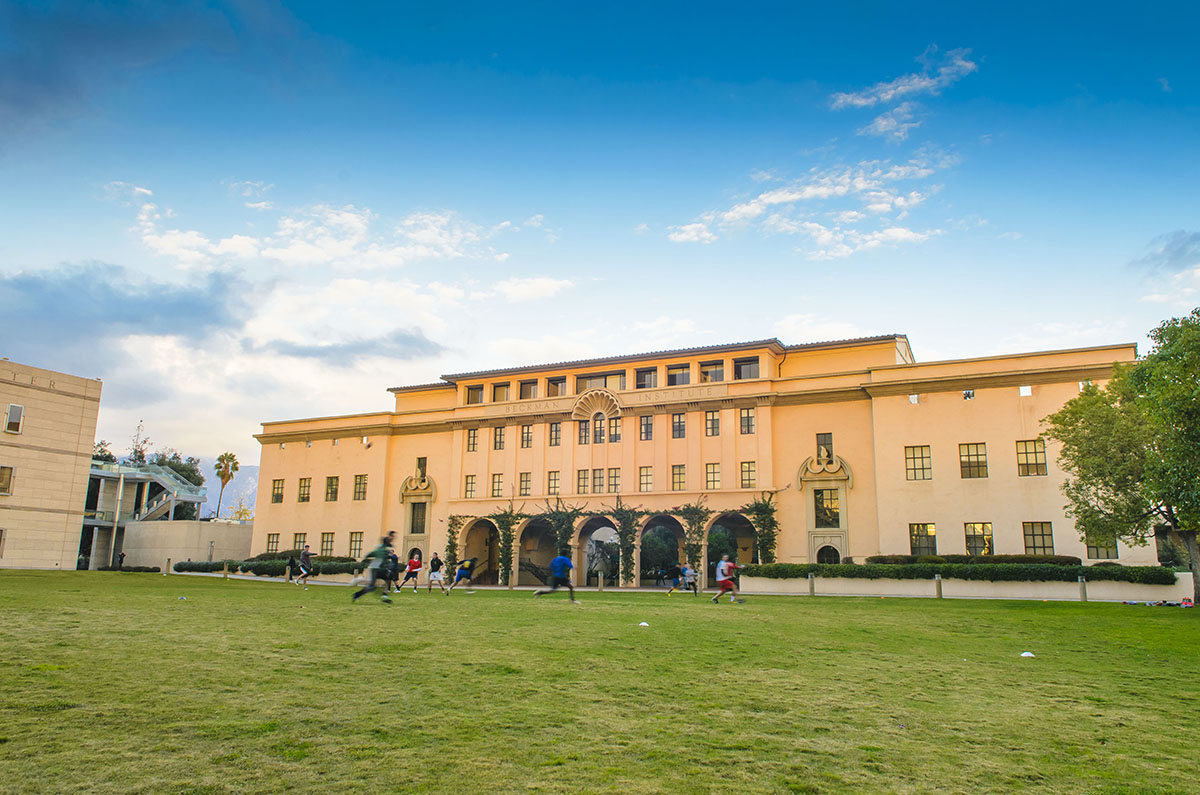
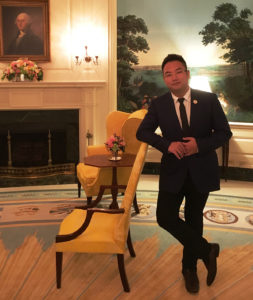
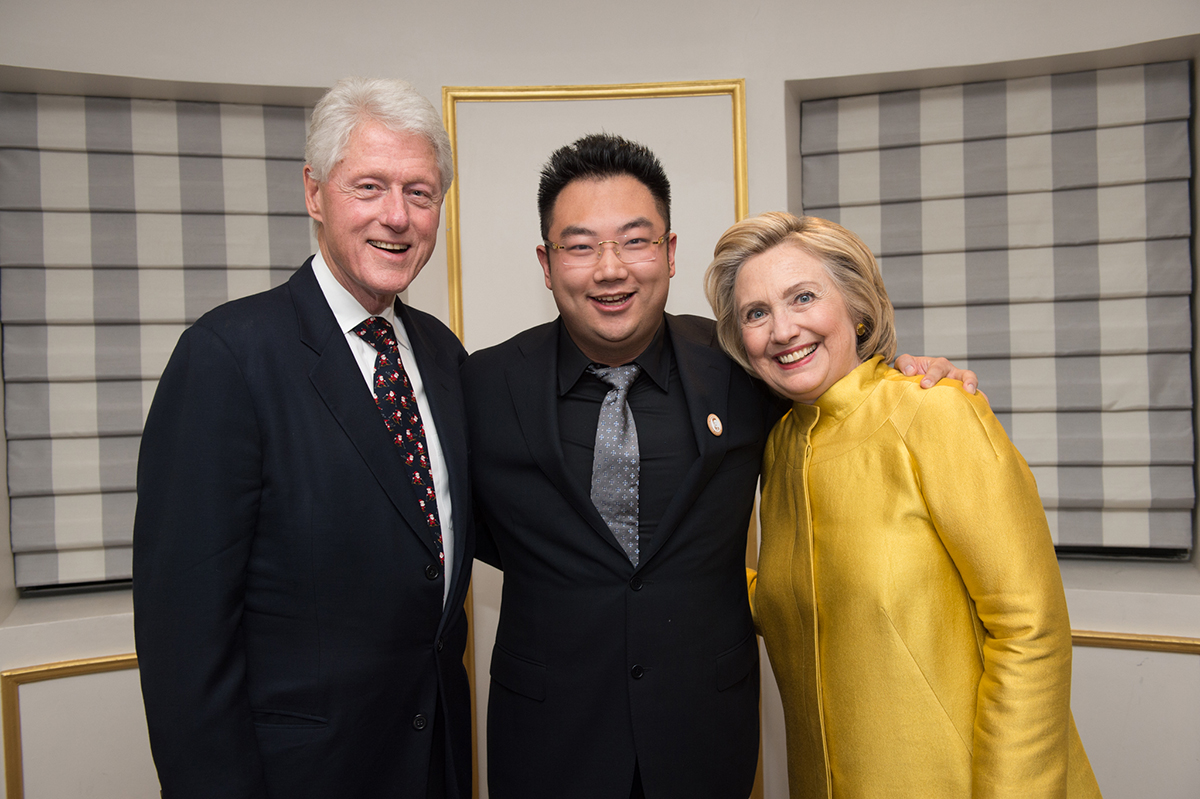
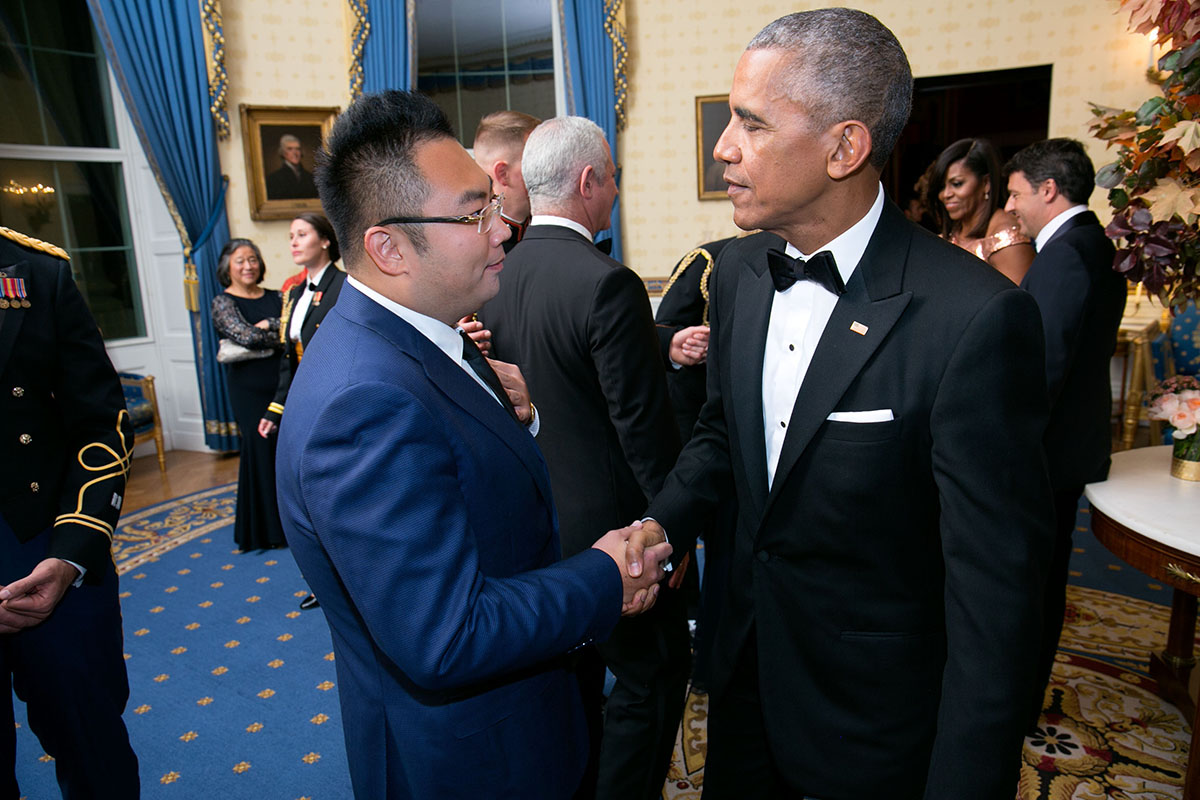
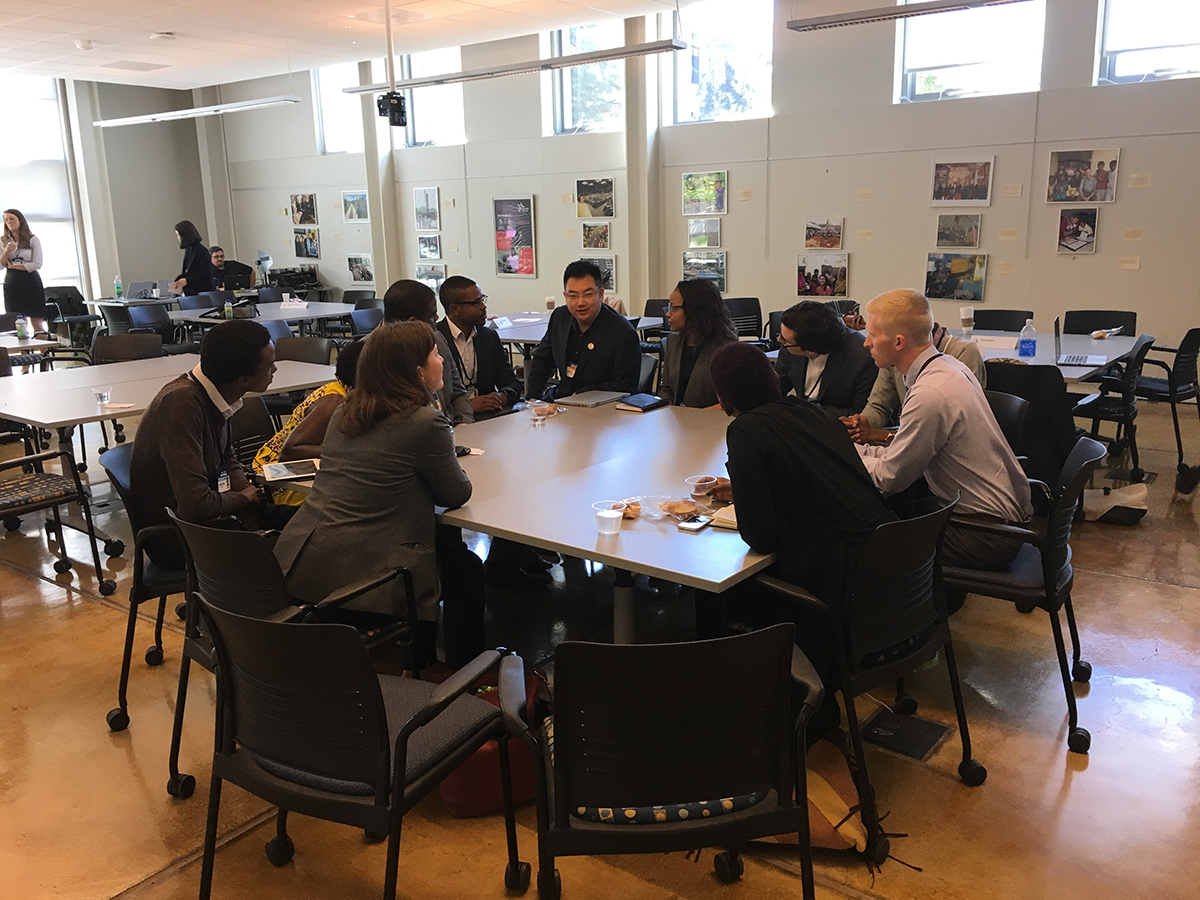
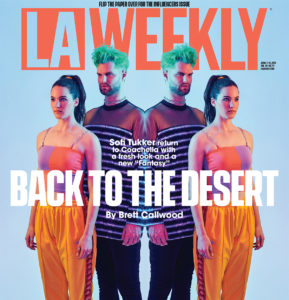 East also meets West in one of Xu’s more unusual leadership techniques – using astrology to recruit the right people. “I like horoscopes because I studied neuroscience, and my favourite part of history is Greek mythology. In the company, I know the horoscope signs for most of my people and I place them according to their strengths. Scorpios are more meticulous, for example, so they are suited to finance work, whereas Leos and Aries are more outspoken – it is easier for them to develop new markets.” What does his own star sign indicate? “I am Libra – that’s why I like balance,” he says.
East also meets West in one of Xu’s more unusual leadership techniques – using astrology to recruit the right people. “I like horoscopes because I studied neuroscience, and my favourite part of history is Greek mythology. In the company, I know the horoscope signs for most of my people and I place them according to their strengths. Scorpios are more meticulous, for example, so they are suited to finance work, whereas Leos and Aries are more outspoken – it is easier for them to develop new markets.” What does his own star sign indicate? “I am Libra – that’s why I like balance,” he says.




Recent Comments